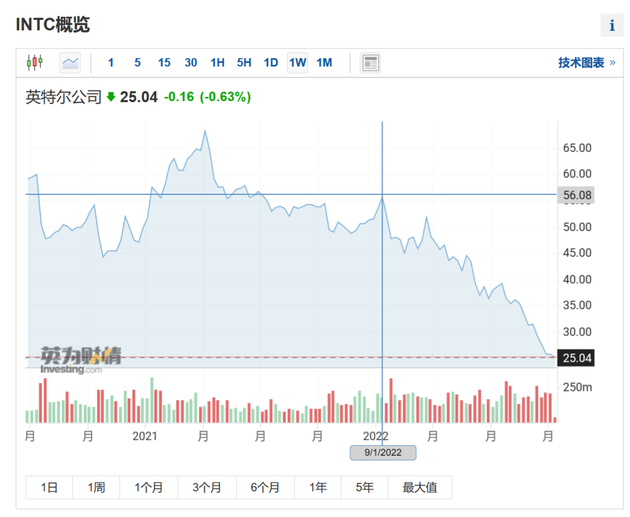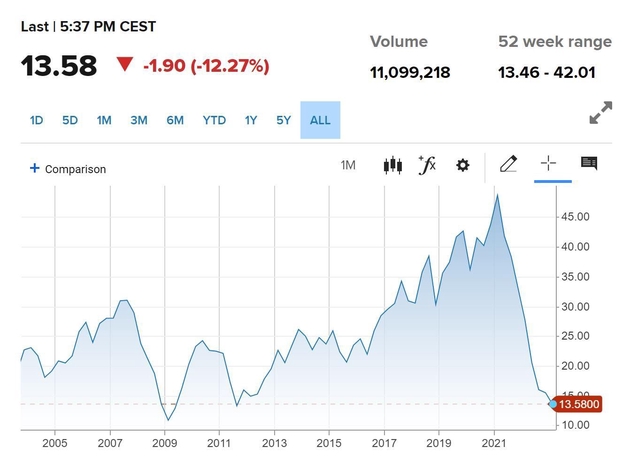your current location is:Home > TechnologyHomeTechnology
Organs can come back to life after death? Scientists hope to redefine death
With the advancement of medicine, human beings may have a new definition of death.
On August 3, a research team from Yale University in the United States published research results in the journal "Nature". They successfully restored the circulation and cellular activity of the heart and brain organs of dead animals, challenging the view that cardiac death is irreversible. Not only does this study promise to increase the number of future organ donations, it also re-raises ethical questions about the definition of death.
first resuscitation of the circulatory system
Back in 2019, the same research team that did this work "resurrected" the brains of pigs four hours after death, challenging conventional wisdom about brain death. In the latest study, they performed the "shocking" experiment again, reviving the blood circulation and oxygenation activity of pigs an hour after they died. This is also the first time they have "resurrected" the circulatory system.
If cellular recovery can be achieved in animals, it could eventually be replicated in humans, and its implications for extending human lifespan may be as profound as the advent of CPR and ventilators.
Professor Arthur Caplan, a bioethicist at New York University, said: "This study further emphasizes that death is not an instant, but a process. People tend to focus on brain death, but there is not much consensus on when cardiac death occurs. "
Currently, extracorporeal membrane oxygenation (ECMO) is a device used by some hospitals in a last-ditch effort to save lives, providing oxygen to the body and removing carbon dioxide from the body. ECMO has been used in addition to saving some deceased organs for donation, or to try to resuscitate people after a heart attack, but the success rate can be low.
Now scientists hope to increase the use and quality of organs from donors with severe, irreversible brain damage through a new system that can finally prevent the damage that occurs when blood stops circulating.
The latest research used a system called OrganEx to revive vital organs in pigs, which pumps a blood substitute through the animal's body in a solution containing animal blood and anticoagulants. 13 Compounds that slow down the decomposition rate of cadavers and can quickly restore the function of some of the animals' organs, such as heart contractions, liver and kidney activity.
The researchers noticed that six hours after plugging into the OrganEx system, the pigs' circulation restarted much better than the ECMO-treated or untreated groups, oxygen began to flow to tissues throughout the animals, and heart scans detected some electrophysiology. Active and contracting, but the heart has not fully restarted.
They also found that the livers of pigs treated with OrganEx were able to produce higher amounts of albumin and that cells in each vital organ responded to glucose much more strongly than animals in the other groups, suggesting that the treatment had kickstarted metabolism .
Brain activity not detected
According to Yale neuroscientist Professor Zvonimir Vrselja, a co-author of the study, the findings are striking. This is due to the fact that body proteins and cells are broken down very quickly after death, so within minutes after the heart stops, the body is starved of oxygen and enzymes begin to degrade cell membranes, causing the organ to rapidly lose its structural integrity.
In addition, the connection through OrganEx helps restore the integrity of some brain tissue, but no brain activity has been observed that would indicate that the animals have regained consciousness or perception. At the same time, the researchers also observed that pigs treated with OrganEx began to involuntarily twitch their heads, necks and trunks after receiving the contrast injection. Because the animals lacked the electrophysiological activity of the brain, the researchers did not have a good explanation for these involuntary motor stimuli, and they initially speculated that the activity might originate in the spinal cord, which is able to control some motor functions independently of the brain.
While significant, the research is still a small step in the development of medicine, as it has yet to show that dead animals are truly "resurrected" clinically.
Professor Vrselja stressed: "Research shows that when animals die, we can make cells do things that they otherwise wouldn't be able to do, but that doesn't mean it's clinically relevant, which means the results don't suggest that pigs die after death. somehow revived, especially in the absence of electrophysiological activity in the brain."
But this is what scientists hope to strive to develop. For humans, it will be more important to test whether brain activity is restored in the future.
The prospect of future applications of this new technology has caused a stir in the medical community, as well as discussions on related ethical issues. Brendan Parent, director of transplant ethics at New York University, commented in the journal Nature: "These new findings raise many questions, not the least of which is the need to revisit medical and biological death sentences. In the future, physicians Their use of this infusion system also needs to be reconsidered, and ethics committees should also assess current clinical practice to determine the clinical conditions in which this extracorporeal CPR should or should not be used to ensure that the benefits to the patient outweigh the benefits of the technique. risk."
Previous:AMD 64-core thread tearer bursts with firepower of over 5.15GHz: performance sets a world record
Next:Keppel O&M, IMDA use AR smart glasses for remote inspections
related articles
Article Comments (0)
- This article has not received comments yet, hurry up and grab the first frame~












